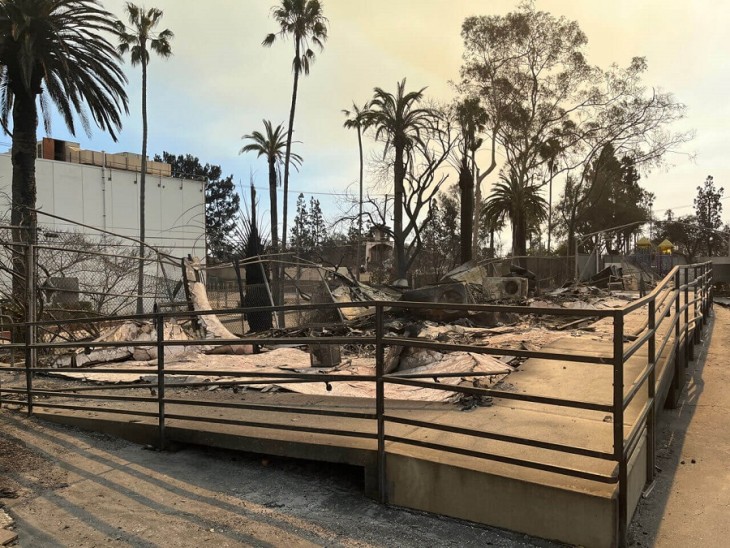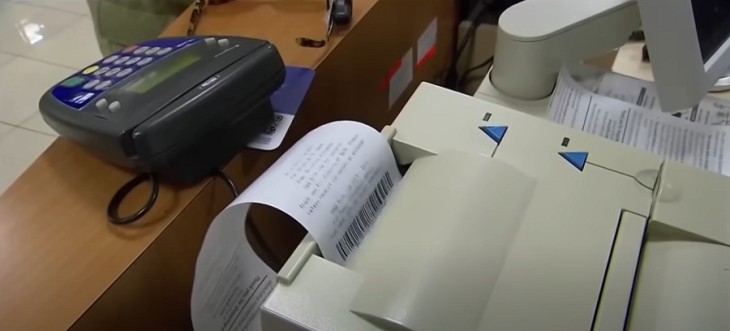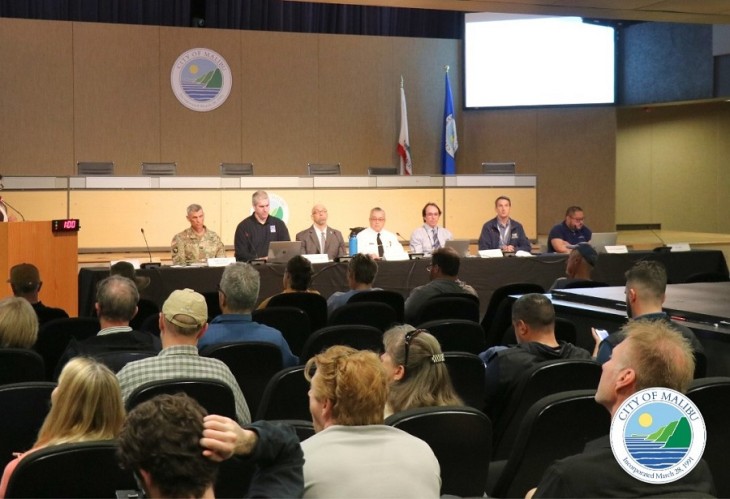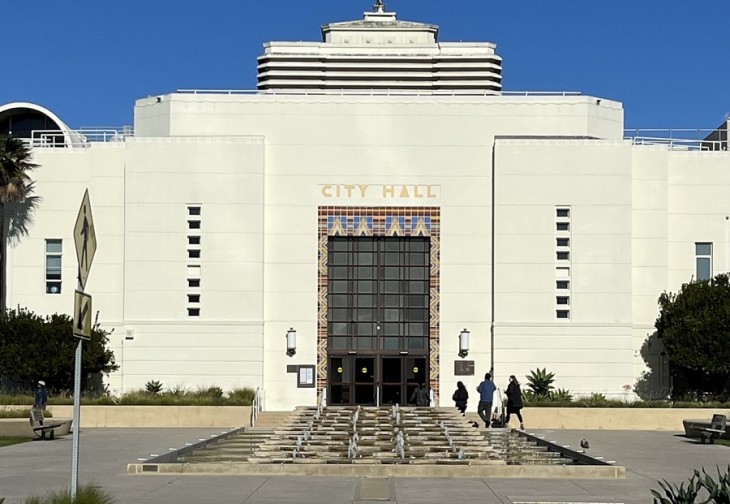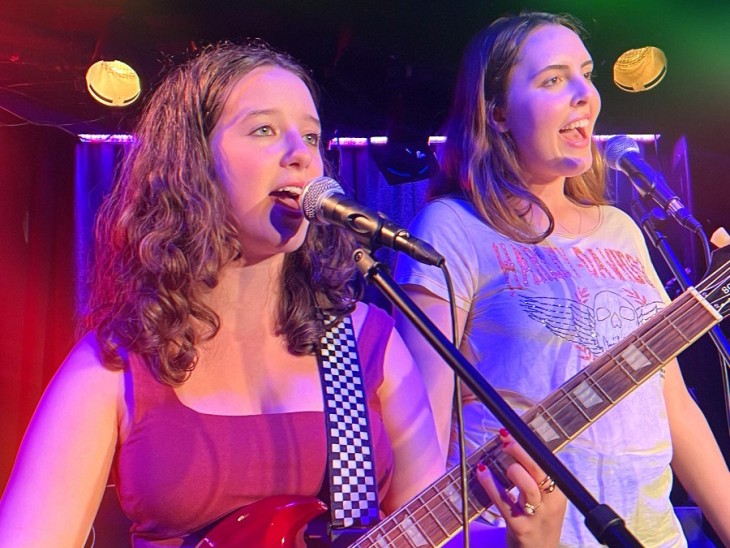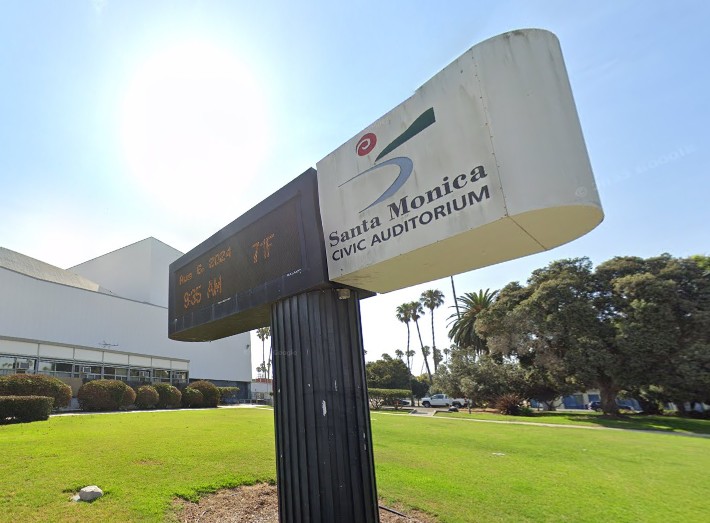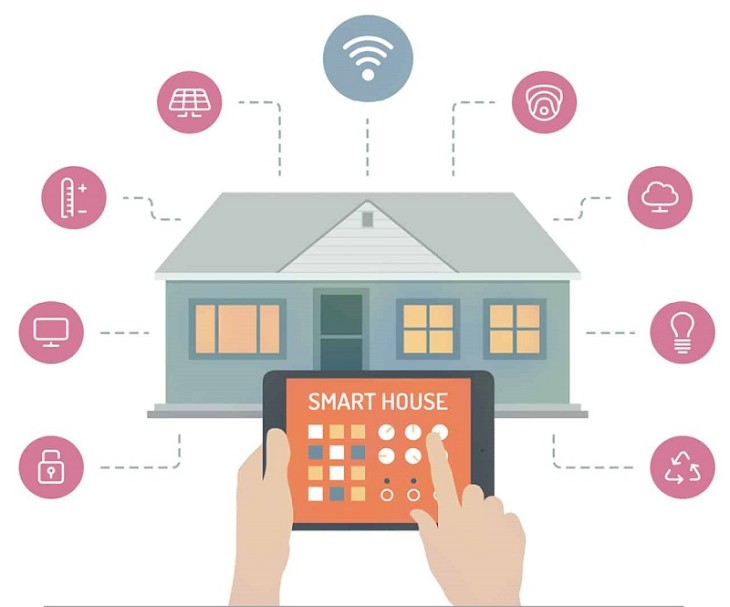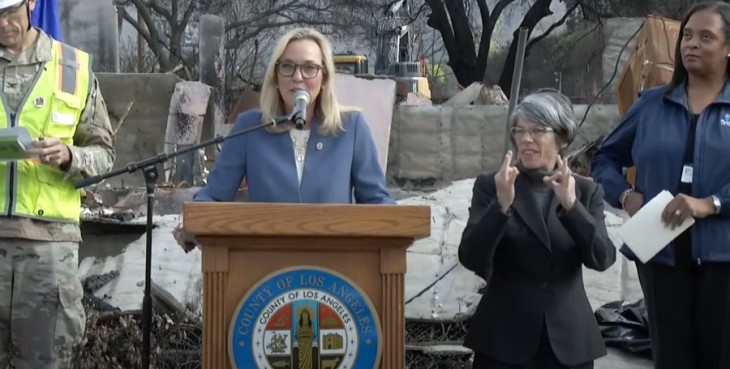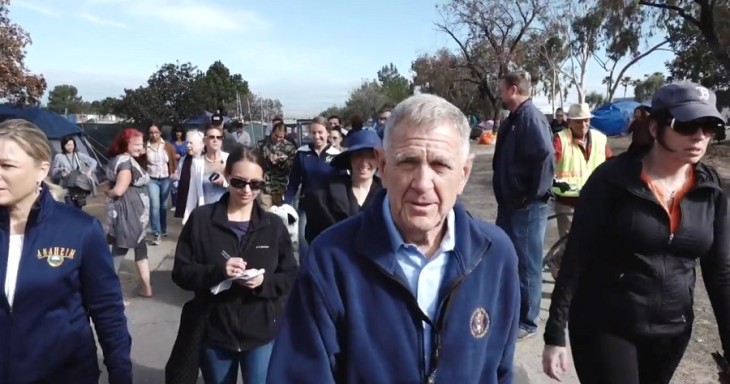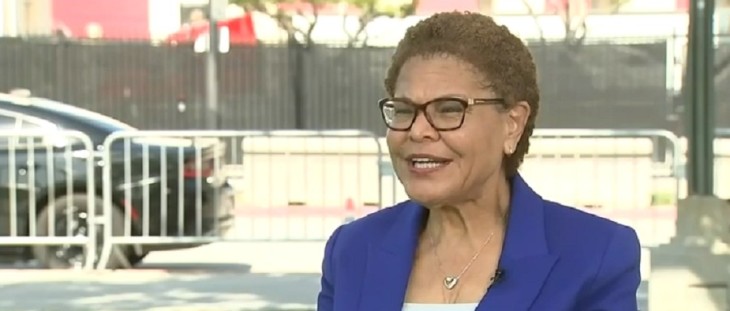With just a few weeks remaining before voters hit the polls Nov. 6, Santa Monica council members unanimously extended its support behind Measure J, a ballot entry, if approved, would extend a voter-approved half-cent transportation sales tax through 2069 to speed up construction of highway and transit projects.
“These additional funds would be used sell bonds, which will allow Metro to accelerate construction of transportation projects and improvements,” Council member Pam O’Connor said. “It will also … provide additional 30 years of continued funding for local transportation improvements to cities in Los Angeles County. Those are the kinds of things such as pothole repair, signal synchronization, (and) local roadway and bridge repairs.”
O’Connor added Measure J may help the Westside Subway end in Santa Monica, bringing a second transit system to the City of Santa Monica.
As many as seven rail or rapid transit projects, as well as eight highway projects, would be complete as a result of the 30-year extension of the sales tax, according to Metro.
Between 2039 and 2069, Measure J, if approved, would infuse as much as $90 billion in new sales tax revenue to fund planned transportation projects.
In addition to completion of the second and third phases of the Westside Subway project, other transportation projects that would benefit from Measure J’s passing include the Green Line extension south of Redondo Beach. A tangential line spurring from the Green Line directly into Los Angeles International Airport would also be built.
Additional improvements would be made to the 405 Freeway in the San Fernando Valley as well “highway operational improvements” in the Las Virgenes/Malibu sub region.
Voters approved in 2008 a half-cent tax (Measure R) to help fund “provide local resources to finance new transportation projects and advance those already in the pipeline.” That sales tax is set to expire in 2039.
“The additional funds will be used to sell bonds, which will allow Metro to accelerate construction of transportation improvements,” according to Metro officials.
When Measure R expires in 2039, an estimated $9.9 billion would be generated from new tax revenue.
A Los Angeles County Economic Development Corporation (LAEDC) study four years ago estimated the tax in its current format costs citizens about $25 year. The sales tax extension, according to Metro, would keep the annual tax costs for residents “will remain the same, adjusted for inflation.”
“Tourists and businesses also contribute money through the sales tax. The measure also allows transit and highway funding priorities to be shifted between projects within subregions of Los Angeles County, if approved by a two-thirds vote of the Metro Board,” according to Metro officials.
The LAEDC study predicted an acceleration of projects courtesy of Measure J would “advance the creation of 250,000 new local jobs,” including “direct, indirect and induced workers.”
“By starting construction on seven rail and rapid transit projects, and up to eight highway projects within the next five years, instead of the twenty years currently planned, this job creation will be accelerated,” according to the study.
According to Metro officials, some projects are not fully funded and other projects may not be completed by 2039.
The additional funding would also extend to Metro Bus operations, Metro’s administrative costs, and for “local jurisdictions to complete their own transportation projects,” officials stated.

